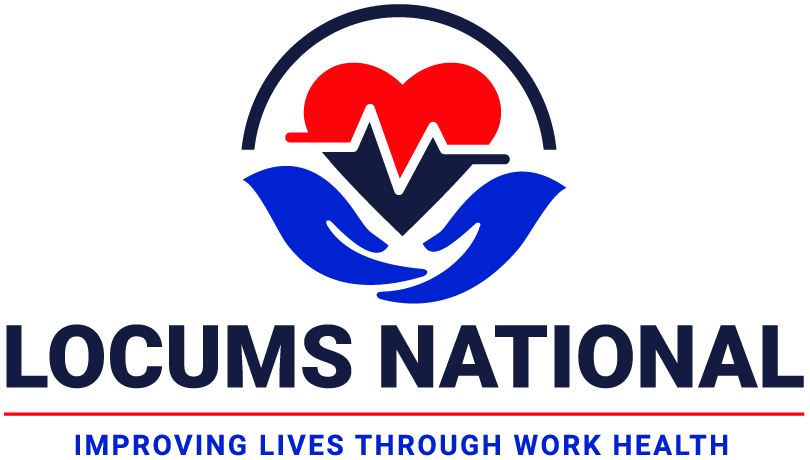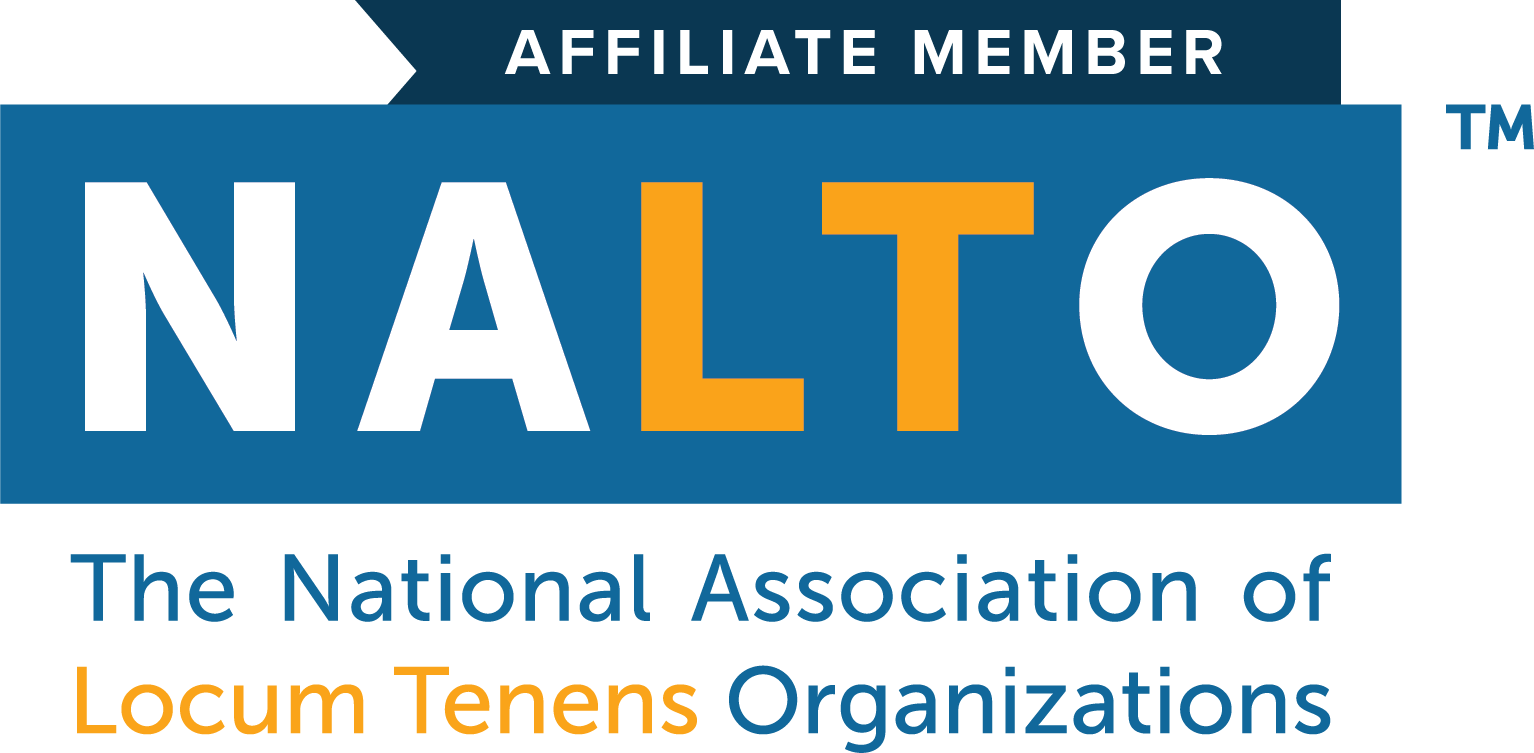Expanding Your Skills: Certifications That Can Boost Your Career as an Anesthesiologist
Jan. 29th, 2025 8:36 am
Expanding Your Skills: Certifications That Can Boost Your Career as an Anesthesiologist
As an anesthesiologist, staying ahead in your field requires more than just clinical experience—it demands continuous learning and professional growth. While board certification is a fundamental credential, additional certifications can enhance your expertise, open new career opportunities, and increase your earning potential. Below, we explore some of the most valuable certifications that can help you elevate your career in anesthesiology.
1. Advanced Perioperative Transesophageal Echocardiography (PTEeXAM®)
With the increasing use of transesophageal echocardiography (TEE) in perioperative settings, anesthesiologists with expertise in this area are in high demand. The National Board of Echocardiography (NBE) offers the PTEeXAM® certification, which validates your proficiency in intraoperative cardiac imaging, particularly in cardiac surgery and critical care settings.
2. Critical Care Medicine (CCM) Certification
For anesthesiologists interested in managing critically ill patients, a certification in Critical Care Medicine through the American Board of Anesthesiology (ABA) can be highly beneficial. This certification allows you to work in intensive care units (ICUs), expanding your scope of practice beyond the operating room.
3. Pain Medicine Certification
Pain management is an increasingly important field within anesthesiology. Earning a subspecialty certification in Pain Medicine through the ABA can position you as an expert in diagnosing and treating chronic and acute pain conditions. This can lead to opportunities in pain clinics, rehabilitation centers, and interventional pain management.
4. Regional Anesthesia and Acute Pain Medicine Certification
As nerve blocks and other regional anesthesia techniques become more prevalent, certification in Regional Anesthesia and Acute Pain Medicine can set you apart. This subspecialty focuses on advanced techniques for pain control and enhanced recovery after surgery (ERAS) protocols.
5. Pediatric Anesthesiology Certification
If you have a passion for working with children, a Pediatric Anesthesiology certification can help you specialize in providing anesthesia for neonatal and pediatric patients. This certification allows you to work in specialized children’s hospitals and enhances your ability to manage complex pediatric cases.
6. Obstetric Anesthesia Fellowship Certification
Obstetric anesthesia is a critical component of maternal healthcare. Earning a certification in this field through a fellowship program can improve your ability to manage labor analgesia, high-risk pregnancies, and anesthesia for obstetric procedures.
7. Advanced Cardiac Life Support (ACLS) & Pediatric Advanced Life Support (PALS)
While these are not board certifications, ACLS and PALS are essential certifications for anesthesiologists. They ensure you are well-prepared to handle life-threatening emergencies in both adult and pediatric patients.
8. Medical Simulation Certification
Medical simulation is increasingly being used for training and education. If you are interested in teaching or program development, a certification in medical simulation can open doors to academic roles, training programs, and leadership positions in hospital systems.
9. Healthcare Leadership and Management Certifications
For anesthesiologists aspiring to leadership roles, certifications in healthcare leadership, such as those offered by the American Association for Physician Leadership (AAPL), can provide essential skills in administration, policy-making, and organizational management.
10. Hyperbaric Medicine Certification
Anesthesiologists involved in treating conditions like carbon monoxide poisoning, wound healing, and decompression sickness may benefit from certification in Hyperbaric Medicine. This can expand opportunities in specialized medical centers.
Final Thoughts
Pursuing additional certifications not only strengthens your professional credentials but also broadens your career options, allowing you to specialize in high-demand fields. Whether you are looking to advance in critical care, pain management, pediatrics, or leadership, obtaining the right certification can be a game-changer in your career.
By investing in your education and skill set, you ensure that you remain competitive in a rapidly evolving field while delivering the highest quality of care to your patients. If you are considering further certification, explore programs that align with your career goals and interests to maximize the benefits of your professional development.
Would you like guidance on selecting the right certification for your career path? Contact us today to explore your options!



